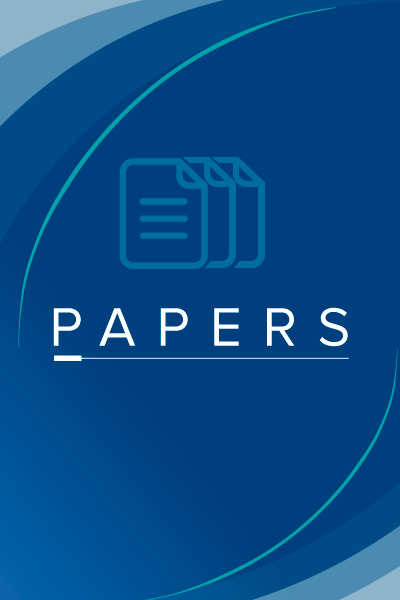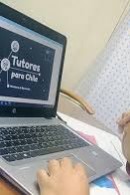
Estructura factorial de la escala DREEM en estudiantes de medicina chilenos
| PROCEDENCIA(S): | Ciencia y Medicina, Ciencias de la Educación, CIES, Vicerrectoría Académica. |
|---|---|
| CATEGORÍA(S): | Ciencias de la Educación, Educación Superior, Psicología, Psicología. |
| AUTOR(ES): | Javiera Ortega B / Cristhian Pérez V / Liliana Ortiz M / Eduardo Fasce H / Peter McColl C / Graciela Torres A / Ana Wright / Carolina Márquez U / Paula Parra P. |
| TIPO DE MATERIAL: | Artículos, Encuestas, Investigación. |
| ARCHIVO: |
 Reconocimiento CC BY. Esta obra está bajo una Licencia Creative Commons Reconocimiento CC BY 4.0 Internacional.
Reconocimiento CC BY. Esta obra está bajo una Licencia Creative Commons Reconocimiento CC BY 4.0 Internacional.
Background: The entry to a University requires an adaptation process that not all students solve with the same kind of success. Even though students social adaptation and emotional skills are essential, the educational environmental that they perceive has a significant influence in their academic life. Aim: To describe the changes in the perception about academic environment that medical students experience during the first three years of undergraduate career. Material and Methods: The Dundee Ready Education Environment Measure (DREEM) scale was applied to 525 first to third year medical students and an exploratory factorial analysis was made. Results: Four factors were identified: Academic Perception: academic quality that students attribute to the process in which they take part, as well as to the assessment that they do of their learning outcomes (coefficient α = 0.85); Academic Experience: refers to positive emotions that students experience during the career such as confidence, pleasure and energy (coefficient α = 0.76); Atmosphere Perception, comfort and calm that students experiment during their academic activities (coefficient α = 0.79); Teachers Perception: the perception that students have of teachers about their interest and disposition towards students (coefficient α = 0.50). Conclusions: The assessment of academic environment quality is inversely associated with the lapse that the students have spent in their undergraduate careers.


